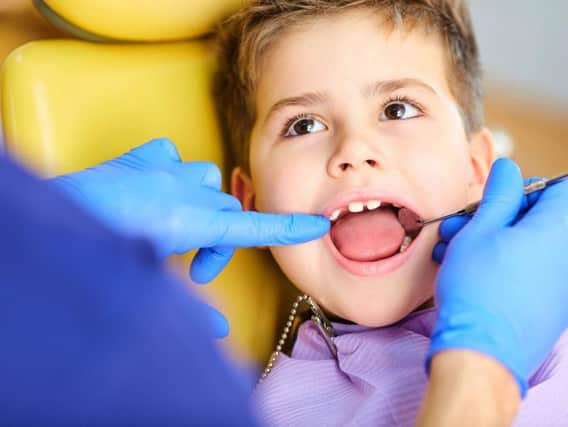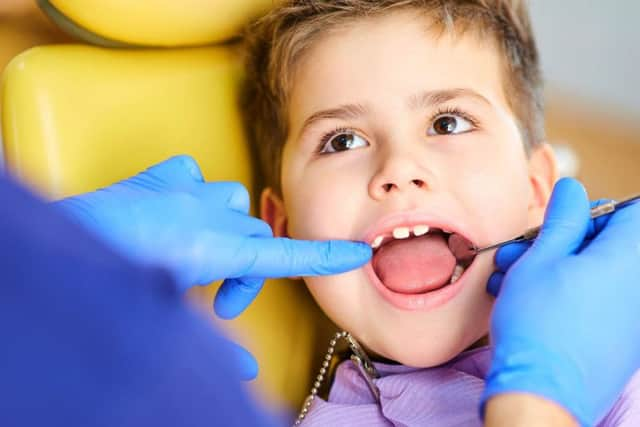Tooth decay among young children in Leeds drops by a quarter


Set to be discussed at Leeds City Council’s children and families scrutiny committee tomorrow, the report claims that less than a third of young children surveyed in the city now have tooth decay.
But it added that children from poor and vulnerable backgrounds were “disproportionately affected” by bad oral health, and that Leeds was still far above the national average for tooth decay among five-year-olds.
Advertisement
Hide AdAdvertisement
Hide AdThe reporter said the number of children with decay – known as dental carries – dropped from 40.7 per cent in 2007/08, to 31.1 per cent in 2016/17. It added that the areas with the lowest and highest instances in the region were York (15.9 per cent) and Bradford (39.8 per cent).


However, the corresponding figures for England as a whole were 30.9 per cent (2007/08) and 23.3 per cent (2016/17), and Leeds is still in the top 30 areas for children’s tooth decay in the country.
The report added that while oral health is improving in Leeds and nationally, “inequalities remain with the most vulnerable and socially excluded disproportionately affected”.
However, children and young people surveyed in Leeds are drinking fewer sugary drinks than in previous years, with the proportion of those who report a lower intake of sugary drinks had increased from 13.6 per cent in 2013/14 to 21.5 per cent in 2017/18.
Advertisement
Hide AdAdvertisement
Hide AdThe report stated: “Dental decay is an important aspect of a child’s overall health status. It leads to pain, distress, sleepless nights, and time off school and affects school readiness.
“Establishing good oral health practice from as soon as a child’s teeth emerge lays the foundation for life. Preventive interventions are, therefore, concentrated in the early years.”
It added: “A key priority for the Leeds Oral Health Strategy Group is to better understand the barriers to preventative treatments and specifically barriers to accessing dental services being offered to children and young people.”
Leeds City Council’s children and families scrutiny board is set to discuss the report on Wednesday, March 6.